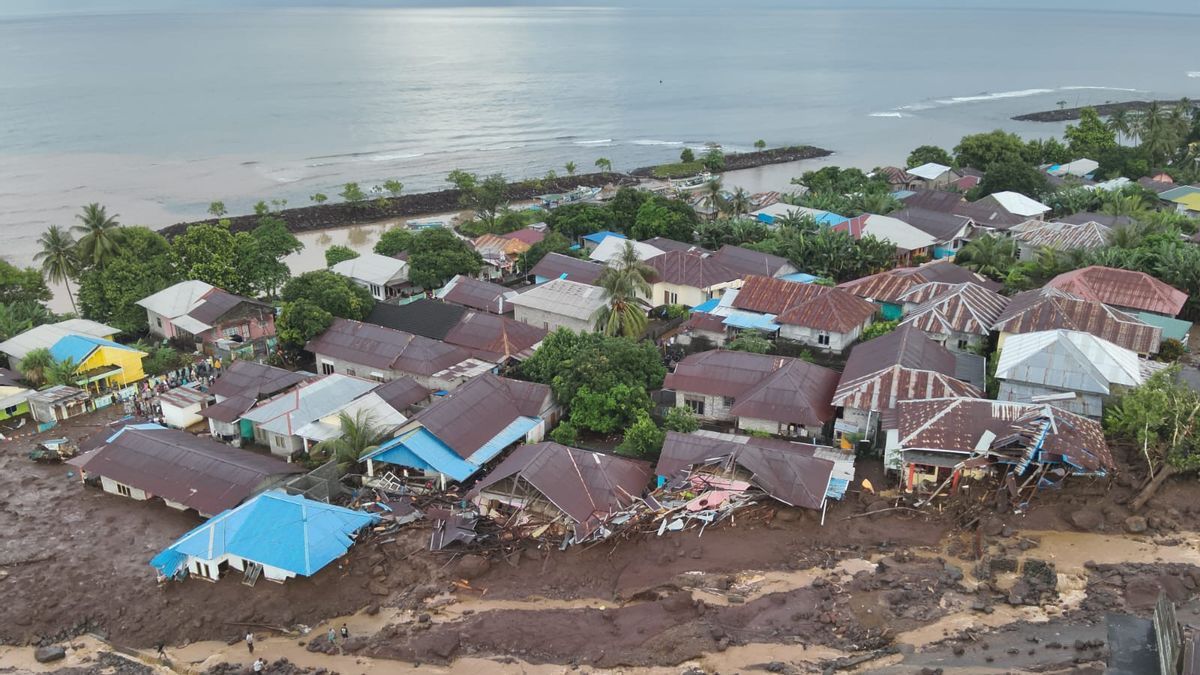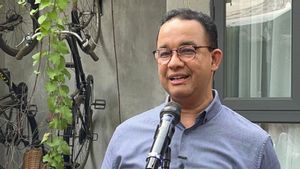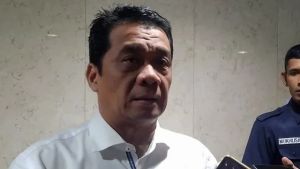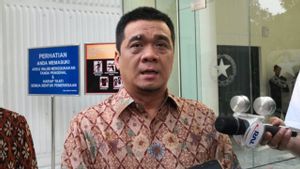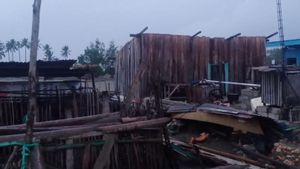The joint team resumed its search for missing victims due to flash floods in Rua Village, Ternate Island District, Ternate City, North Maluku today.
So far, only one resident has not been found since the disaster occurred on Sunday morning yesterday.
Head of BNPB Disaster Data and Communication Center Abdul Muhari explained that the search operation coordinated by Basarnas yesterday was hampered by the rain.
"Last afternoon, the rain that fell in the upstream part resulted in a flow of water that could endanger officers in the field. Joint personnel supported with heavy equipment will continue the next day," said Abdul Muhari in his statement, Thursday, August 29.
The search operation began by lowering two K-9 animals belonging to the police. However, efforts to identify the location of the missing victims by the animals yesterday have not yielded results.
To this day, the Bandang Flood Emergency Management Command Post (Posko) of Rua Village noted that 18 residents died. Those who were injured had received medical treatment from the local health team. While evacuation, as many as 150 people were in SMK 4 Kastela for a while.
Furthermore, BNPB also provides assistance in the operation of the Command Post located at the Ternate Mayor's Office. Through the activation of this emergency response organization, the handling will run optimally.
"Assistance in the emergency response phase is carried out, including related to the administration of the use of ready-to-use funds (DSP), logistics warehouse management, data presentation and information and spatial mapping," he said.
Deputy for Logistics and Equipment of BNPB Lilik Kurniawan said that his party mobilized personnel and drones to take pictures of affected areas, such as upstream conditions, flows of rock material and local topography.
This spatial analysis can be used as a recommendation in determining relocation or disaster mitigation. In the context of relocation, the Deputy for Logistics and Equipment said, a comprehensive analysis is needed, for example, later related to social issues.
According to him, residents who are not affected and are in danger areas are reluctant to relocate. This is certainly a challenge from the local government to provide an understanding of the risks to the community so that they are willing to relocate.
“ Those who are not affected (in the danger area), residents who have houses that are still intact, do you really want to move? This is what I mean by social issues.
Lilik added that this needs to be studied and communicated to various parties in the context of designing the relocation program as a sustainable solution. This must then also be communicated to the community.
"Of course this will involve community and religious figures they believe in," Lilik said.
SEE ALSO:
The English, Chinese, Japanese, Arabic, and French versions are automatically generated by the AI. So there may still be inaccuracies in translating, please always see Indonesian as our main language. (system supported by DigitalSiber.id)
Most Popular Tags
#Prabowo Subianto #New Year #Mother's Day #nataru #NatalPopular
22 Desember 2024, 05:34
22 Desember 2024, 00:05
22 Desember 2024, 01:06
22 Desember 2024, 06:15
